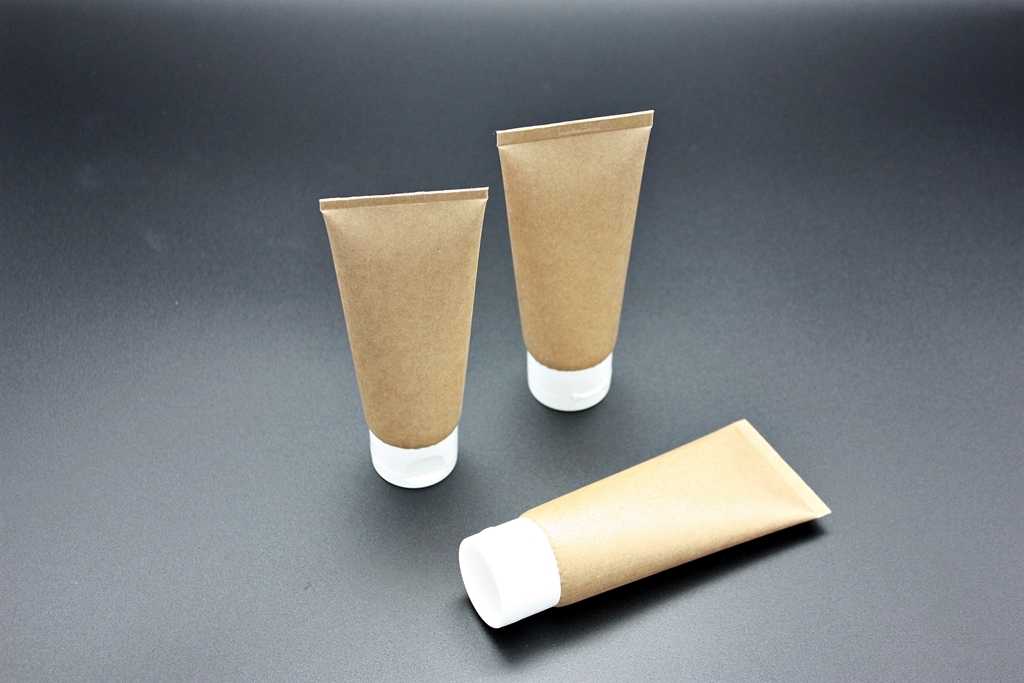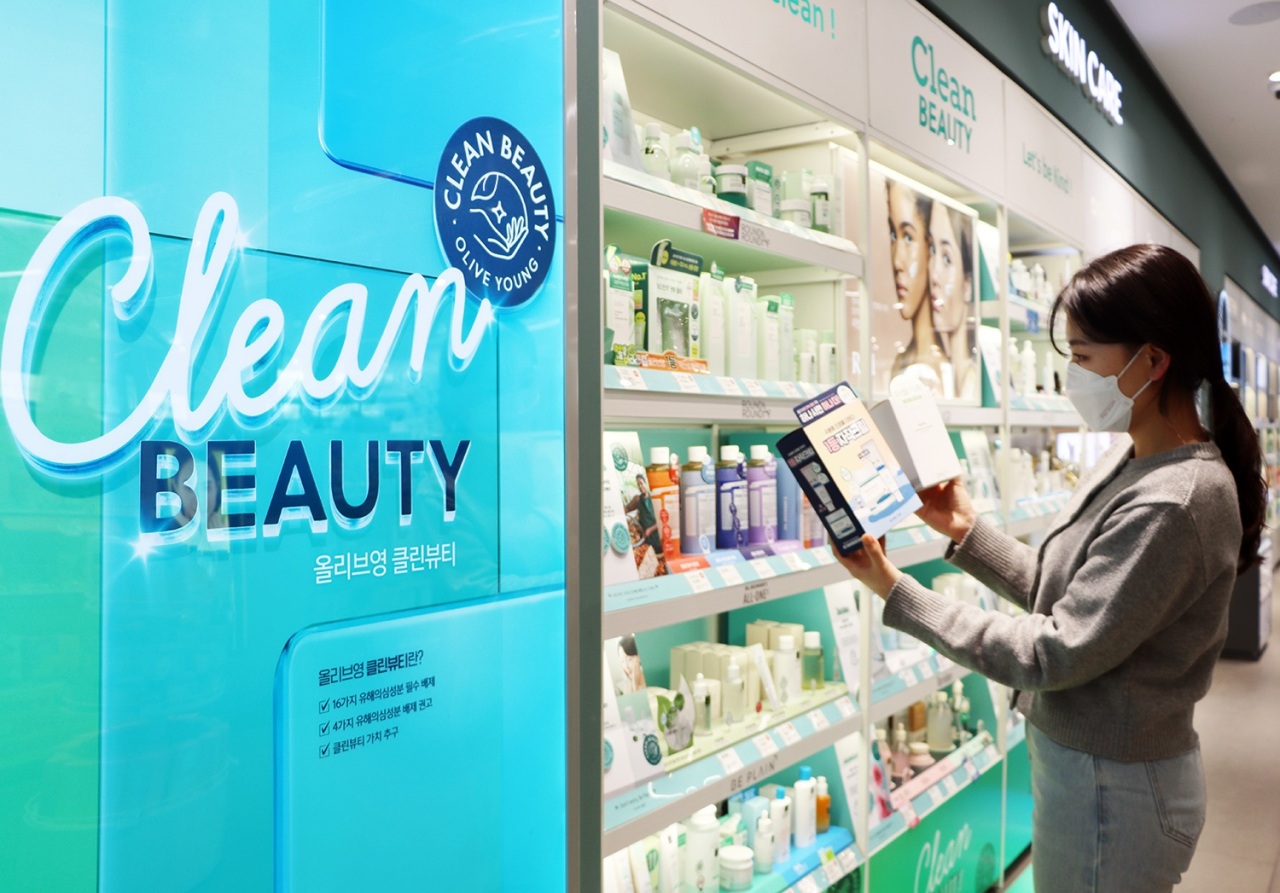 |
A sample of Amorepacific‘s paper tube packaging made with its patented technology.(Amorepacific) |
More cosmetics companies in South Korea are adopting eco-friendly packaging amid growing concerns and calls to reduce single-use plastic.
Earlier this month, cosmetics conglomerate Amorepacific unveiled eco-friendly paper packaging which it said reduces the use of plastic by some 70 percent and can last up to 36 months.
The paper tube container, which uses “nano thin film blocking” technology and will be adopted for its clean beauty brand Primera sometime in the first half of this year, comes as part of the company’s sustainability efforts.
“We are currently developing a paper container that can ensure its shelf life and can be composted 100 percent, with plans to continue to roll out eco-friendly packaging materials,” said Park Young-ho, Head of Amorepacific R&D Center.
The move comes after the Korea Cosmetic Association launched the 2030 Cosmetics Plastic Initiative in January. The effort to do away with materials that are not recyclable by 2030 was joined by the likes of L`Oreal, LG Household & Health Care and Aekyung.
Recent data from Statistics Korea also noted that recyclable plastic waste during the first three months of last year rose by 9.7 percent on average compared to the same time in 2019 in the wake of the COVID-19 pandemic and called for efforts to establish sustainable packaging policy.
Against this backdrop, health and beauty store Olive Young announced on Thursday it plans to raise sales of clean beauty products to 100 billion won ($88.9 million) this year by adding more brands and launching promotions.
 |
A customer checks out a ‘clean beauty’ product at an Olive Young store. (Olive Young) |
The beauty store established its own definition of “clean beauty” last year for products that are friendly to the planet, animals and the customers, excluding those using chemicals such as parabens and avobenzone.
“As we focused on introducing and raising awareness of the values of clean beauty last year, we will prioritize creating a new market this year,” one official at Olive Young said.
In a country first in November, cosmetics research company Kolmar Korea developed a paper tube for cosmetics products that can reduce plastic use by up to 80 percent, with plans to commercialize the container in 2021.
Gcoop also rolled out its vegan-approved CareCella lipstick line with paper-based packaging, which the company said is eco-friendly.
Skincare brand Innisfree, one of Amorepacific’s skincare brands, released its Bija Trouble Skin set with pulp mold packaging last month.
Previously, the set came in a box with a plastic container designed to hold the products still.
Made from recycled paperboard, molded pulp is considered a sustainable packaging material because it can be recycled after being used.
Last year, Amorepacific launched a refill station in Korea where the content of shampoo and body wash products are sold in the form of refills.
At Amore Store Gwanggyo, customers can buy shampoo and body wash products for the amount they want by “filling up a refill container made out of coconut shells.” The containers are recyclable, the company said.
By Yim Hyun-su (
hyunsu@heraldcorp.com)









![[Today’s K-pop] Blackpink’s Jennie, Lisa invited to Coachella as solo acts](http://res.heraldm.com/phpwas/restmb_idxmake.php?idx=644&simg=/content/image/2024/11/21/20241121050099_0.jpg)